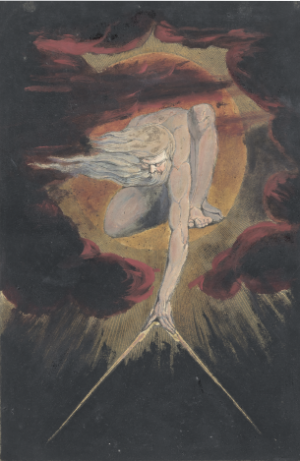Feb 11-12, 2016
Charting the Flow: Water Science and State Hydrography in the Po Watershed
- 09:00 to 17:00
- Art of Judgement: A Speakers’ Series
- Dept. III
- Giacomo Parrinello
Program
February 11, 14:30–16:00: Public Lecture + Q&A
Speaker: Giacomo Parrinello, Alpen-Adria-Universität Klagenfurt, Institute for Social Ecology
Abstract: Is it possible to measure effectively the river flow? And how? Around the mid-nineteenth century, such questions occupied the mind of hydrologists and engineers in Europe and North America. This talk analyzes how these questions were asked and answered in the Po watershed, from nineteenth century experiments to the establishment of a state hydrographic service during World War I. The Po River system, far from being a passive object of knowledge, played an active role in this history. From the early experimental measurements of discharge, hydrography evolved into constant basin-wide monitoring in the repeated attempt to overcome the river system’s hydro-climatic complexity and resistance to prediction. While basin-wide monitoring did not accomplish the goals of nineteenth century hydrologists, the constantly updated quantitative representations of the watershed it delivered would prove key to water management and engineering, making hydrography a strategic articulation of state rule over water resource development.
February 12, 10:00–12:00: Workshop
The members of the Working Group will convene with the guest speaker (and anyone else interested) for a more in-depth discussion of the challenges of analyzing judgements.
Related Project(s)
Max-Planck-Institut für Wissenschaftsgeschichte, Boltzmannstraße 22, 14195 Berlin, Germany
Contact and Registration
About This Series
With this speakers' series the Art of Judgement Working Group fosters discussions about the role of judgements, based as they are on both existing expertise and political and ethical choices, in the formation of scientific and technological knowledge and in planning. The series carries themes broached by the group to an institute-wide audience to catalyze the development of ideas and connections.

Print by William Blake, 1794. Source: Yale Center for British Art, Paul Mellon Collection, Public Domain.
The guest speakers address the various, occasionally unexpected ways judgements have been understood, validated, and acted upon by historical actors. Of particular relevance is here the analysis of matters of objectivity, subjectivity, and reliability and of how these relate to the production of judgements in a variety of fields of inquiry.
